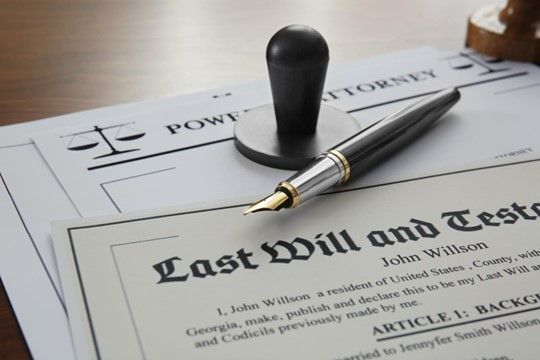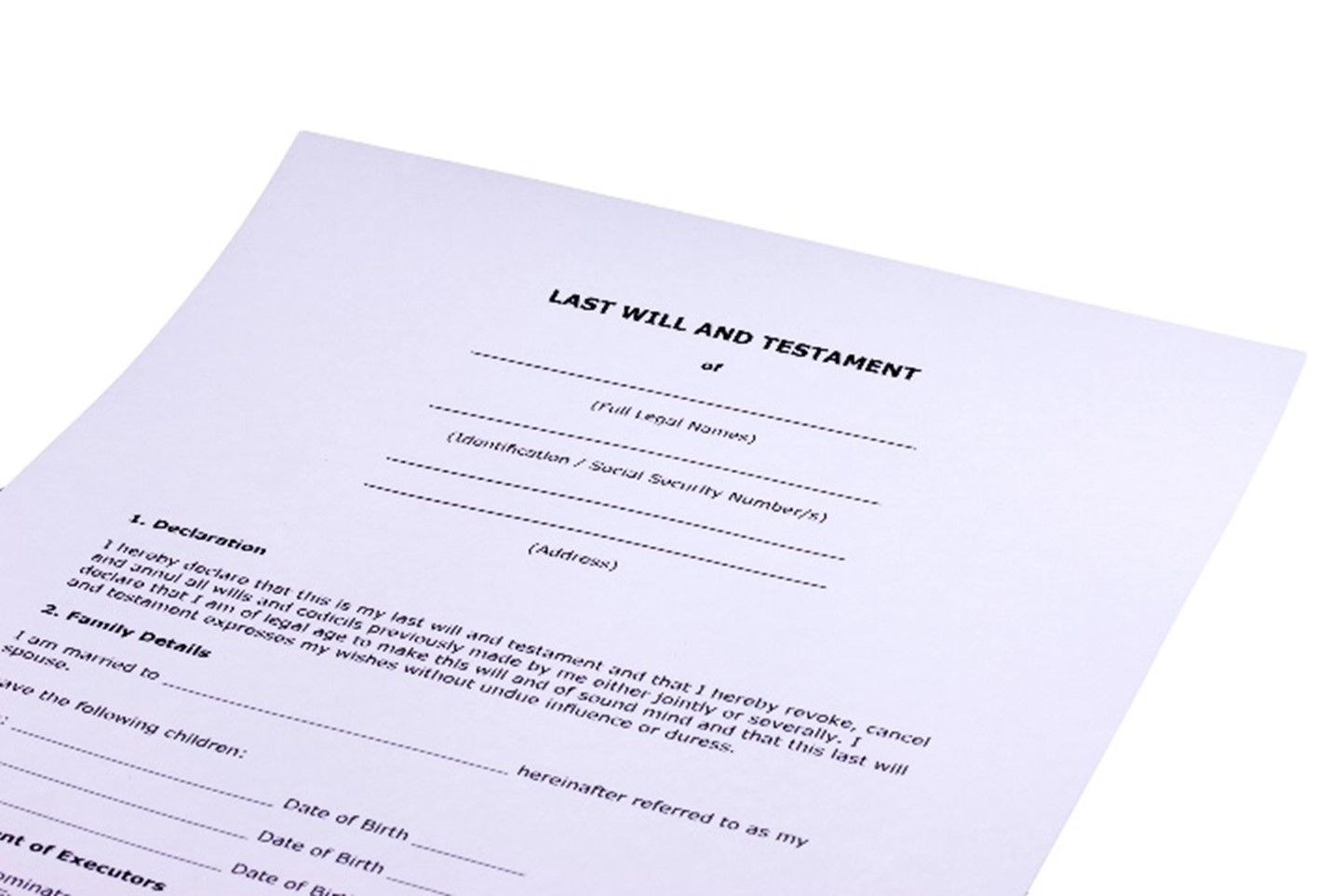Will preparation is an important part of estate planning
A will is an essential component of any estate plan. Wills help communicate a loved one’s wishes for how his or her property will be distributed after he or she passes away. Since wills are such an important part of an estate plan, anyone thinking about composing a will should consult an experienced estate planning attorney.
Why wills are important
Wills serve as the final declaration of a deceased loved one’s wishes for how his or her property is to be distributed. Anyone who has children, owns a business or is thinking about divorce should consider drafting a will. The main function of a will is to list assets and identify to whom property should go. Wills should also nominate a person as executor of the will, or the person who will be responsible for making sure the deceased’s wishes are followed.
A variety of assets both large and small should be listed in a will, since all assets, regardless of size, need to go to someone. Otherwise, the state may step in and decide how to divide assets according to its probate laws. Assets may include tangible property like vehicles, furniture, jewelry, collectibles and other family heirlooms. The list should also include financial accounts like retirement savings, bank accounts and other investments.
In addition to listing assets and beneficiaries, wills can include a personal letter from the testator, or the person who drafted the will, to his or her family. This letter can include instructions for funeral arrangements, how assets are to be distributed or a personal message to loved ones.
Seek legal help when preparing a will
Laws regarding the validity of wills vary from state to state, but most are stringent and failing to include something required by state law can invalidate a will. For this reason, those wishing to draft a will should seek the help of an experienced estate planning attorney. Lawyers knowledgeable about estate planning are up-to-date on laws and can ensure wills are executable.
In Nevada, anyone over the age of 18 can draft a will. State law requires that the signing of a will is witnessed by at least two competent adult witnesses, who must also sign the document. Oral wills are not legal in Nevada. However, holographic wills, or those that are entirely handwritten by the testator, are legal if dated and signed. Witnesses are not needed to validate a holographic will.
Why estate planning is important
A will is only one component of the estate planning process. An estate is all the property owned by someone at the time of his or her death. Estate planning helps people avoid the costly and time-consuming probate process, which occurs when no estate plan is in place when someone dies. In probate, the state decides how to divide someone’s property.
In addition to a will, estate planning can include plans for medical care for one’s later years, end-of-life medical care and funeral arrangements.
If you are interested in drafting a will or building a comprehensive estate plan, contact an experienced estate planning attorney.









